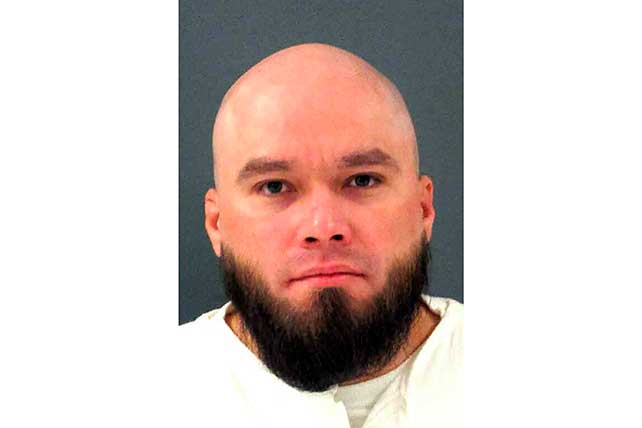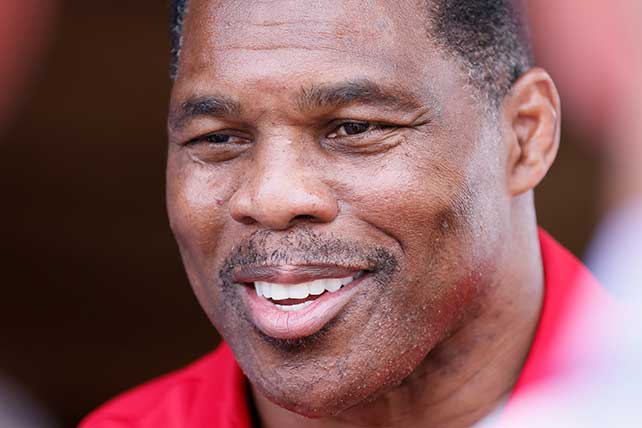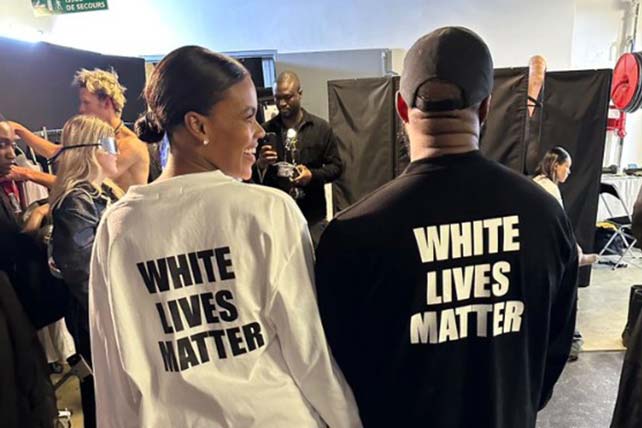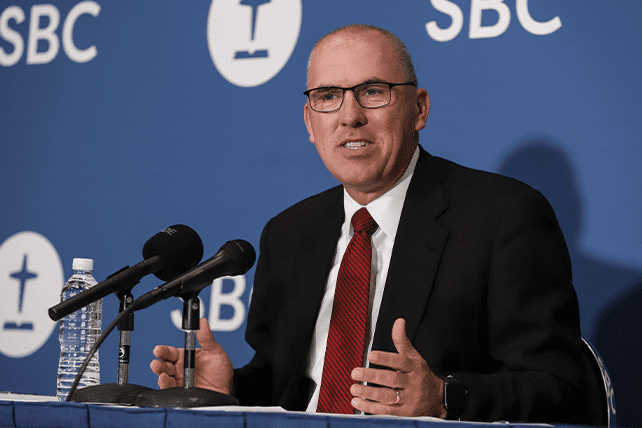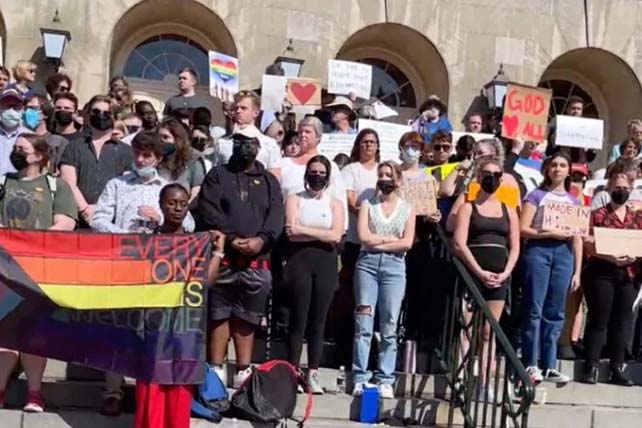(RNS) — The Native American International Caucus, which advocates for Native Americans both inside and outside of the United Methodist Church, is calling on lawmakers to get rid of Columbus Day.
To replace the federal holiday, which this year falls on Oct. 10, the caucus is asking Congress to approve several bills formalizing Indigenous Peoples Day as a legal public holiday, according to a statement from the caucus posted on it website Tuesday (Oct. 4).
“While we respect the ethnic community of American Italians, we cannot accept or support the continued state-sponsored, public recognition of Christopher Columbus as a symbol of discovery, exploration, conquest since it continues to significantly harm all Native people both those within and outside the 570+ Native American tribal nations in the United States, who continue to live with the impact of systemic injustices and abuse began by settler colonialism,” the statement reads.
A growing number of cities and states have begun recognizing the second Monday in October as Indigenous Peoples Day in addition to or instead of Columbus Day. In 2021, President Joe Biden also issued a proclamation recognizing Indigenous Peoples Day nationally for the first time.
That comes as advocates like the Indigenous Peoples’ Initiative aim to “tell a more positive and more accurate tale of Native Americans” than the one that begins with Columbus discovering the Americas in 1492.
Indigenous Peoples Day is a day to “celebrate our culture, affirm our human rights as sovereign tribal nations, and continue the work of repairing the damaging legacy of colonialism and racism,” according to the Native American International Caucus.
The caucus applauded the celebration of Indigenous Peoples Day and Biden’s previous proclamation in its statement.
Congress’ approval of Indigenous Peoples Day would be a public recognition of “Native people’s human dignity and sacred worth,” according to the statement.
“We ask every United Methodist Agency and Board to prominently promote this effort with their networks and every UMC congregational member to contact their congressional representatives to advocate for this legislation now,” it reads.
The United Methodist Church is one of several Christian denominations in the United States recently to have issued repudiations of the doctrine of discovery, the theological justification for the discovery and domination by European Christians of lands already inhabited by Indigenous peoples. The UMC has also acknowledged the role its predecessors played in the boarding school system that separated generations of Indigenous children from their families and cultures.
This article originally appeared here.


